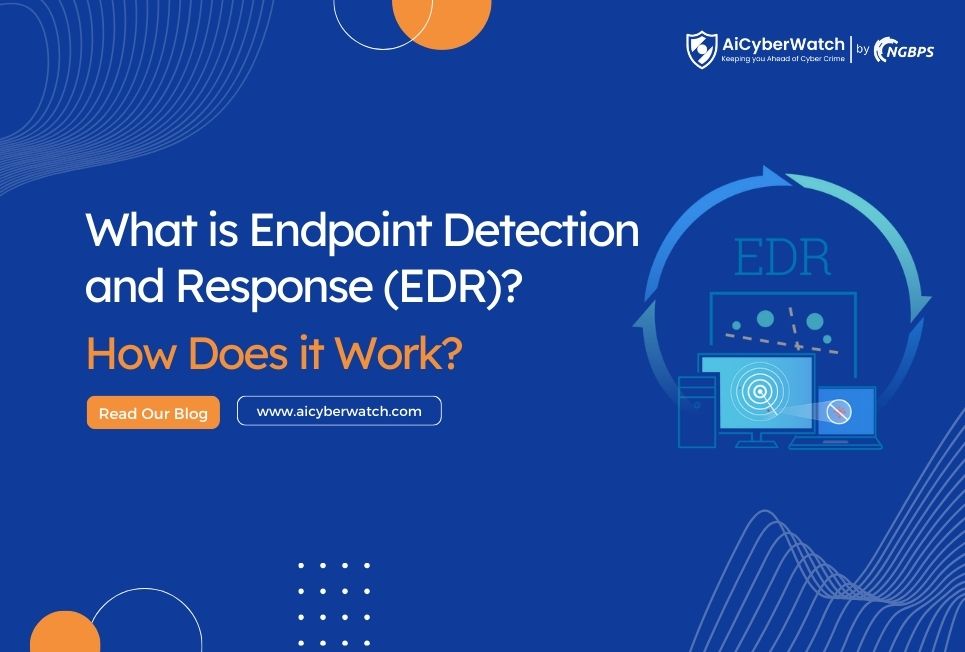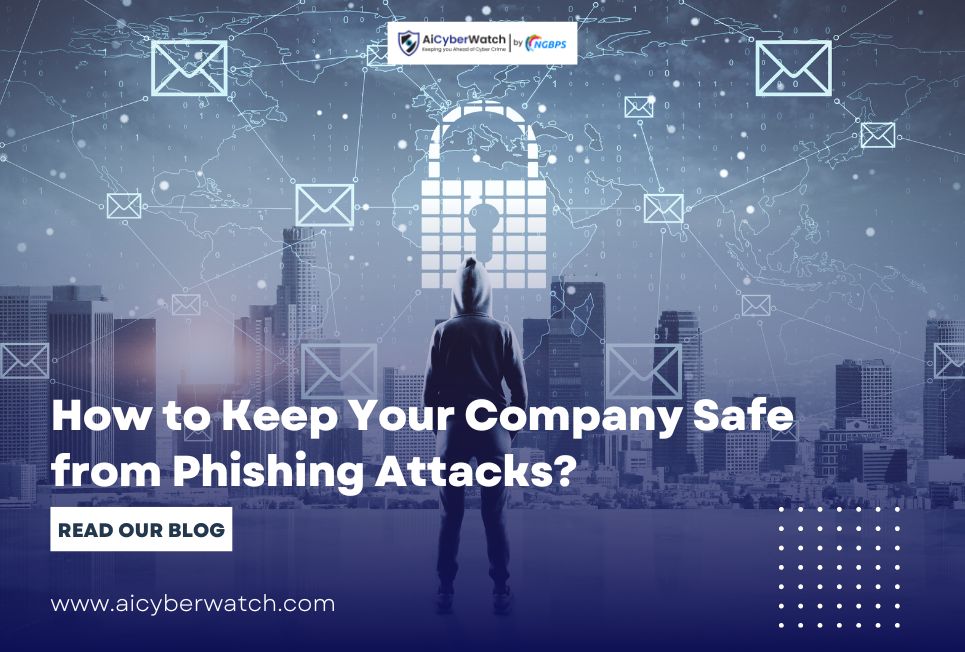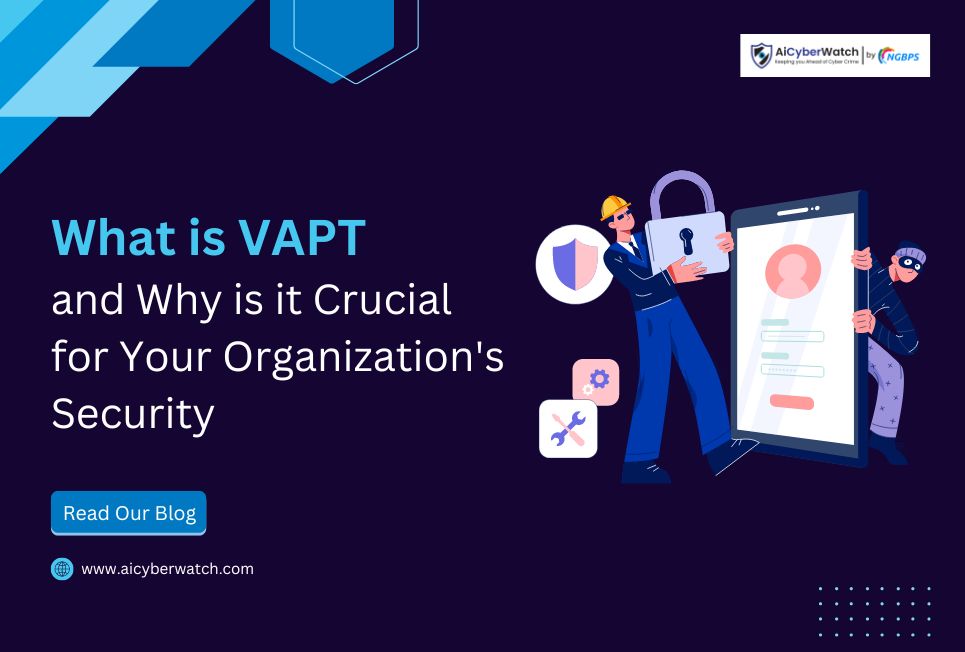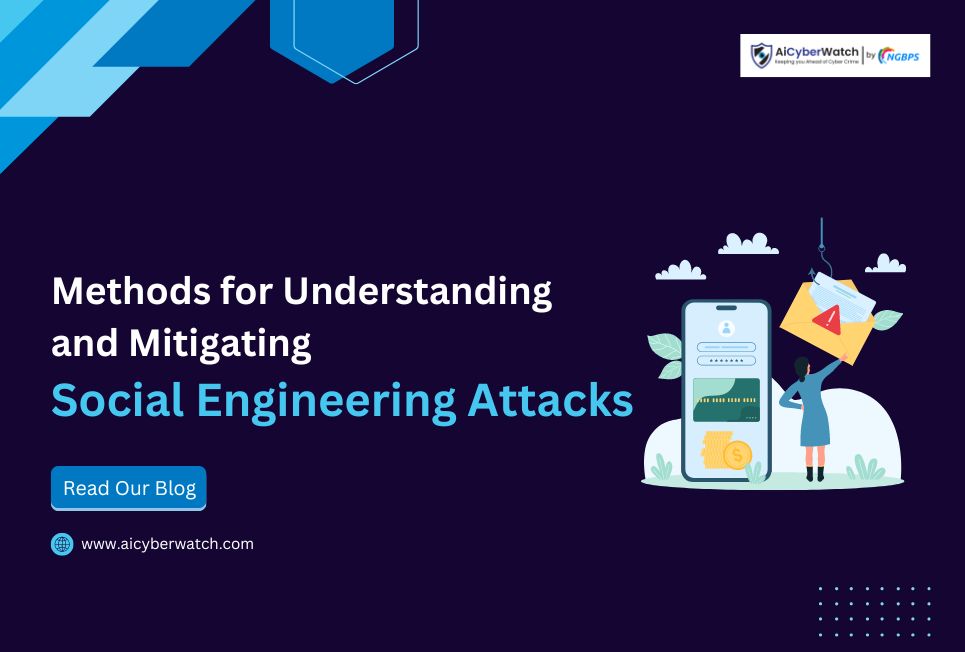Many individuals and businesses fail to give spam emails the importance they deserve; and often see them as nothing more than a nuisance. Although such unsolicited emails are frustrating to say the least, in many cases they contain malicious content and can be utterly dangerous. Failing to understand the real dangers of spam emails may expose your business or profession to various risks, with deadly consequences.
It’s not very hard to spot spam emails as they come masked in the form of ads, charity appeals or some sort of get rich quick scheme. The common factor in all such emails is that they come unsolicited. Being in the profession and/or business that you are in, you should know the kind of emails you can expect in your inbox every day. For instance, if you’ve recently signed up at some online bookmaker, it’s natural to expect promotional emails for them. However, if you’re someone who has never had anything to do with gambling or sports betting, any casino-related email in your inbox can be considered spam.
People somewhat succumb to spam emails these days and take them as a given. They believe that receiving a few unsolicited emails each day is normal, and unavoidable. The fact that such emails can have malicious intentions and should be heavily guarded against, is often completely ignored.
And that’s where the problem lies!
Let’s tell you about some risks that these spam emails may expose you to – so you know what’s at stake!
Ransomware
With the recent onslaughts of WannaCry and Petya, ransomwares are back in business; and in a big way! A ransomware is simply a virus that locks out your IT network or computer, holding it ransom. It can be activated by clicking a malicious link or via a file download, from within an email. What it does is that it locks out all your files and you can’t access any of them until you pay up a ransom, which nowadays is asked in bitcoins. People who fall prey to ransomware attacks are advised to not pay the ransom, as there’s no guarantee that their files would be retrieved later. The best you can do is involve some expert IT professionals to handle your case.
Spyware
As evident from its name, a spyware allows a third party to spy on your system, and gain information about your activities. Unlike ransomware, a spyware takes its time to do the damage. It normally works in the background and tracks your email accounts, usernames and passwords, enabling criminals to gain info related to your bank accounts. Downloading a file or clicking a malicious link are two of the most commonly known ways of installing spyware.
Phishing attempts
Spam emails are also often used for phishing attempts. These are direct attempts to extract sensitive information like usernames, passwords, pin codes etc. from the targets. Such emails often come disguised as legitimate emails from valid sources. The key to spotting such malicious emails is by asking yourself if you’re expecting any such request from the source. Even if you do, you must always cross-check and ascertain if the email is really genuine or not.
How to stay safe?
The best way to stay safe from threats posed by spam emails is by using privacy protection services and anti-viruses. You must opt for some good antivirus software and an effective spam filter to keep these at bay. A solid spam filter would normally intercept any such potential threats and allow you to review the concerned emails before letting them in into your inbox. Whatever you do, you should never open an email if it seems suspicious. In the event that you do open it up, never click on any links or download any files.







 Call Us
Call Us